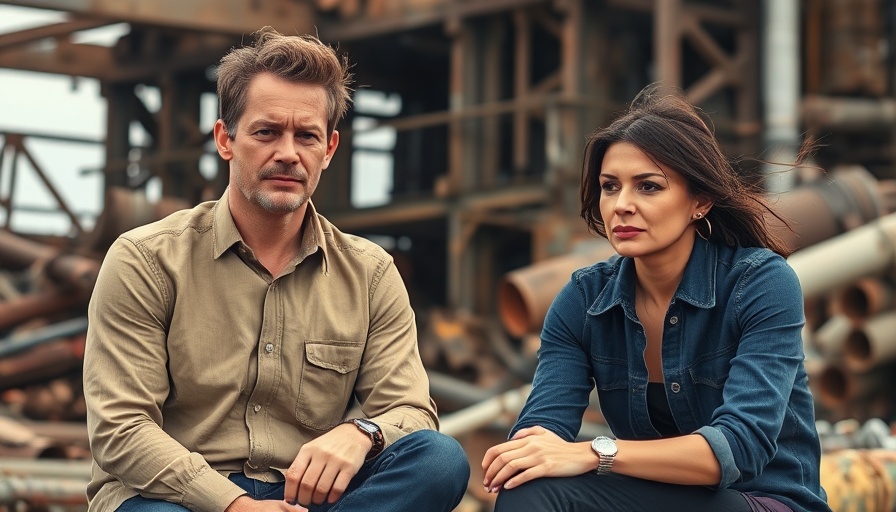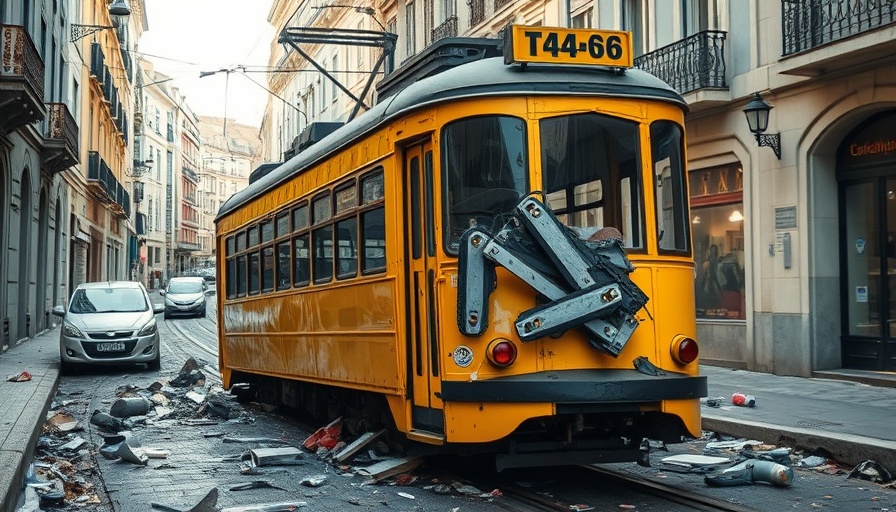
Zelenskyy's Defiance Amid War's Chaos
Ukrainian President Volodymyr Zelenskyy firmly rejected Russian President Vladimir Putin's invitation to Moscow, emphasizing the continued danger facing Ukraine as missiles rain down on the country. In a recent interview with ABC News, Zelenskyy stated, "He can come to Kyiv. I can't go to Moscow when my country's under missiles, under attack, each day. I can't go to the capital of this terrorist." His insistence highlights the ongoing turmoil and the symbolic weight of meeting with the head of the nation that is currently assaulting his own.
The Stance of Ukraine During Ongoing Conflict
As the war continues, Zelenskyy's refusal to engage in negotiations on Putin's terms signals a marked stance of defiance and resilience. By suggesting that Putin visits Kyiv instead, Zelenskyy not only challenges the power dynamic but also raises questions about who truly holds the authority to negotiate peace. The Ukrainian President's words reflect the unwavering spirit of a nation striving for autonomy and dignity in the face of aggression.
A Global Perspective on Leadership and Diplomacy
This exchange between leaders also brings forth broader implications for global diplomacy. The situation illuminates the challenges faced by leaders in conflict zones, where the balance of power dramatically affects the possibility of negotiations. For instance, past diplomatic efforts have often faltered due to perceived power imbalances, which raises the question of how negotiation tables can be set equitably.
Impacts on the Ukrainian Population
Zelenskyy’s rejection of the invitation underscores the growing rift in relations between Ukraine and Russia. It resonates with the experiences of everyday Ukrainians who endure daily threats to their safety and sovereignty. The populace's sentiments play a crucial role in shaping the narrative and the future of their nation amidst this conflict.
Moving Forward: Diplomatic Relations or Continued Conflict?
The dialogue between Zelenskyy and Putin highlights an essential crossroads—whether lasting peace can emerge from negotiations or if the path will remain entrenched in further conflict. As the world watches, the actions taken by both leaders will significantly influence the geopolitical landscape and the future of Ukraine itself.
In conclusion, as discussions of potential meetings between global leaders unfold, it's vital to stay informed and understand the stakes involved. The resilience of Ukraine, represented by Zelenskyy's comments, not only signifies the national spirit but also projects the global implications of their fight for sovereignty.
 Add Row
Add Row  Add Element
Add Element 



Write A Comment